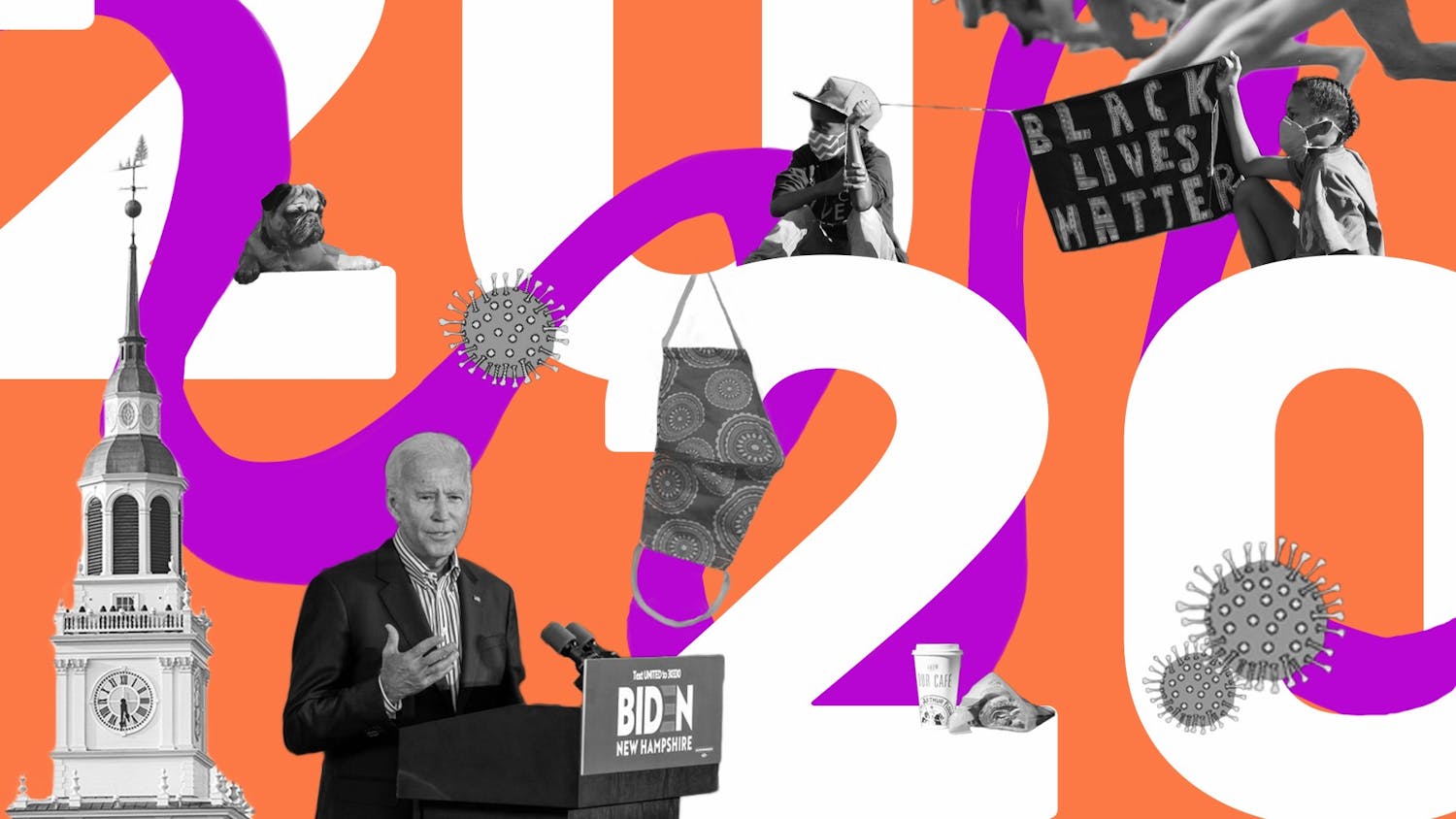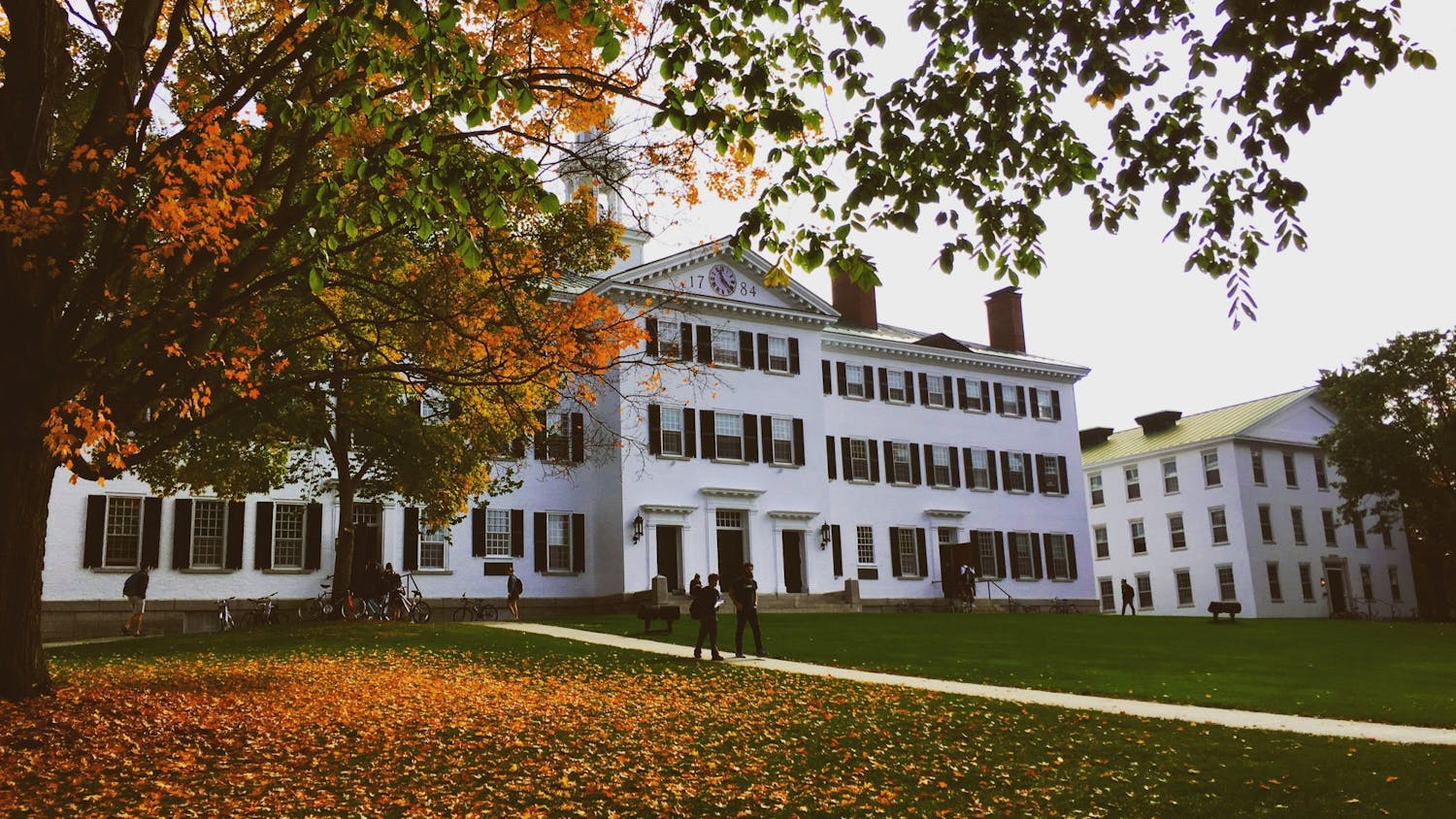In less than a week, Dartmouth students will awaken Hanover from its winter break hibernation. Many of the bright-eyed freshmen who were present last term will be gone, replaced by older students who have experienced Dartmouth at its best and most normal. How will these older students, with higher expectations of what a Dartmouth term should look like, react to the restricted and watered-down version being served? Not well, we can assume. This may put the community at risk from COVID-19 if frustrated students look to off-campus — and very likely non-COVID-19 safe — options for social life.
However, if students feel as though campus offers a good selection of ways for them to have fun on the weekends, they will be more likely to stay on campus and follow public health guidelines.As such, the College should focus on improving the on-campus social scene if it values keeping COVID-19 cases down. Last term saw large groups of students attending off-campus parties on Halloween weekend — events that very well may have led to the subsequent increase in COVID-19 cases on campus. If even freshmen — who do not tend to have cars — made their way to off-campus parties by the end of the term, then older students with cars and less patience for insufficient on-campus alternatives will likely follow suit.
Should this trend continue, it would not be surprising for the number of COVID-19 cases to rise. All is not lost, however. Some College-sponsored changes are reportedly imminent. Besides those, there are still several ways for Dartmouth to work towards creating a more adequate social scene on campus.
What would these improvements look like? According to Provost Joseph Helble, campus will be more accessible to students this term, and more options for merrymaking will be available. Indoor spaces such as the Top of the Hop will be open, two ice skating rinks and several fire pits are promised and Winter Carnival will purportedly be expanded. These adjustments are commendable first steps in the campaign to make campus feel more lively. Nonetheless, the College should not expect to create a meaningful social life with just these changes, but must continue seeking to improve.
Here are a few suggestions to expand access to social life: Given the limited alternatives to the Dartmouth Skiway for weekend fun, the College might consider discounting season passes and ski rentals to make them more obtainable for students. More clubs should be permitted to each hold a number of small in-person meetings and gatherings, something which was limited to a select few last term. Finally, if trends from fall mean anything, then Dartmouth Outing Club trips are sure to be in high demand again this winter. Dartmouth’s restrictions from the fall on trip capacity, van usage and leader eligibility could be eased to allow for more students to experience trips.
These suggestions are by no means an exhaustive list of possible improvements. They only address symptoms of the larger problem that has gripped Dartmouth this year: the pressing need to improve the on-campus social scene. Dartmouth has taken the first steps toward addressing this issue, but much more remains to be accomplished if the College wants to protect the physical and mental health of the community. It will take cooperation from both students and the administration to create an experience that is compliant with COVID-19 restrictions but still recognizably “Dartmouth.”
Thomas de Wolff '24 is from St. Louis, Missouri, and is majoring in History and French. He currently serves as opinion editor and as a member of the Editorial Board, and has written for the opinion section in the past. Outside of The Dartmouth, Thomas enjoys playing guitar, reading, and learning to juggle.



